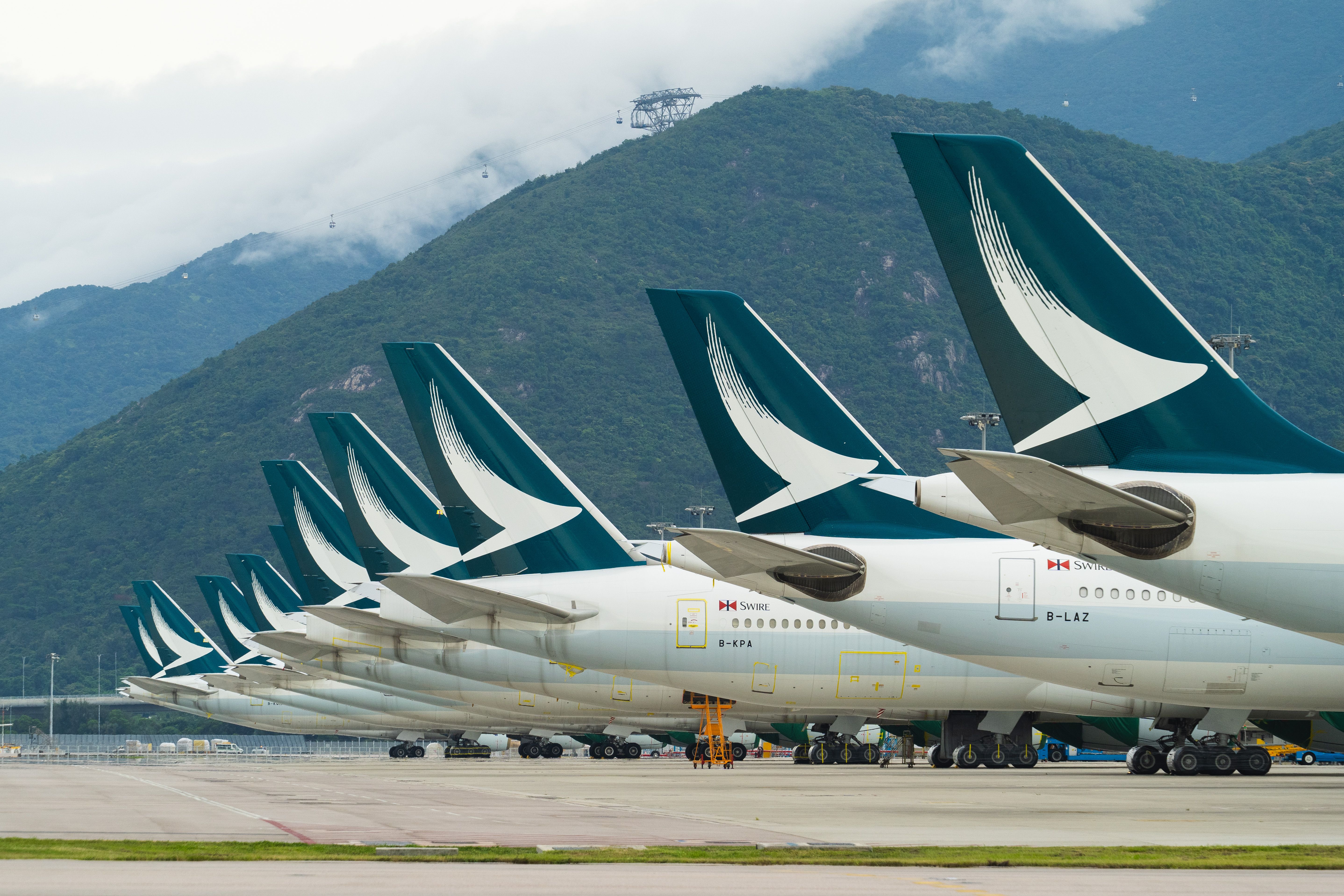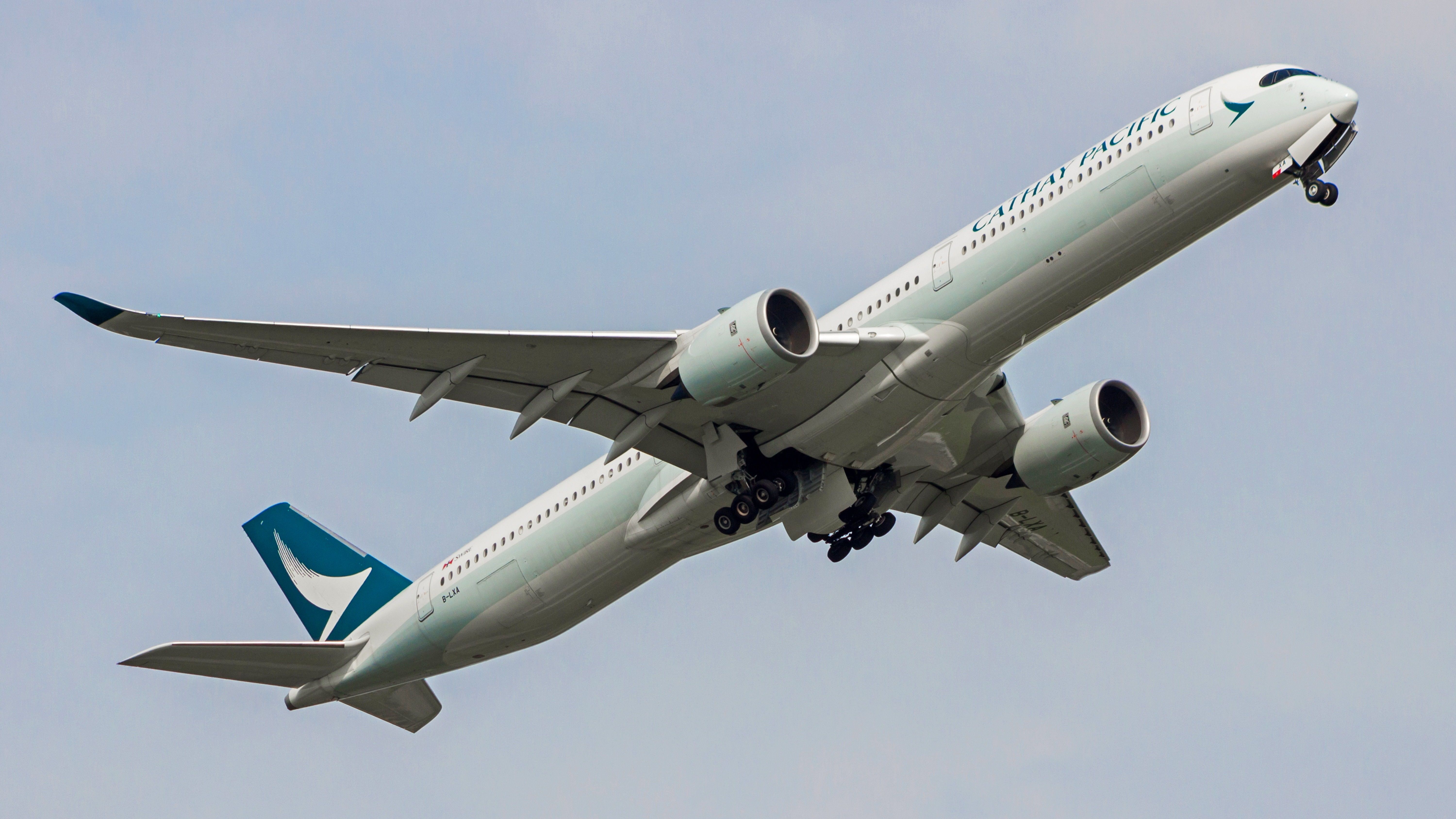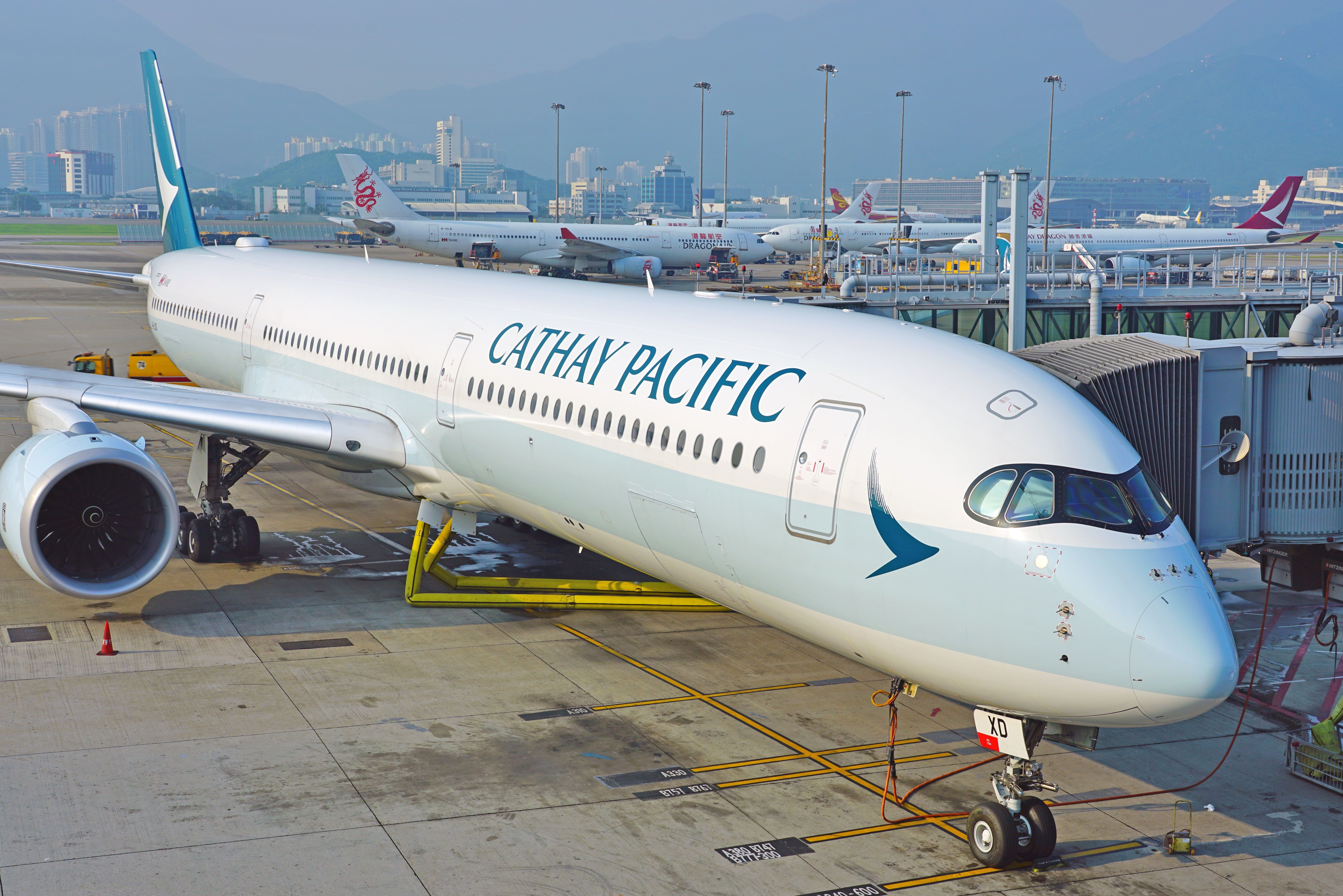Summary
- China’s preference for domestic travel over international is impacting popular tourism sites in Asia.
- Cathay Pacific struggles to recover, with passenger numbers still well below pre-pandemic levels.
- Travel restrictions between Hong Kong and Mainland China continue to impact Cathay Pacific’s progress in restoring passenger numbers.
Most airlines, airports and tourism bodies throughout Asia breathed a big sigh of relief when China progressively reopened its borders to international travelers through 2023. However, it seems there has been a fundamental shift in Chinese travelers’ preferences this year, with domestic destinations growing while international ones decline, leaving a visitor gap in many popular tourism sites.
A long way to recover
Hong Kong and its home airline, Cathay Pacific, have been particularly slow to rebuild toward pre-pandemic numbers. This week, the airline released its April traffic figures, which, somewhat surprisingly, show the airline is still more than 40% behind the number of passengers it carried in April 2019. The picture is much the same for the first four months of this year, with total passenger numbers at 58% of the same period in 2019.
The numbers are an improvement on 2023, with April traffic reaching 1.74 million passengers, a 26.1% increase on last year but way below the 3.12 million carried in April 2019. Between January and April, Cathay Pacific (Cathay) carried 7.14 million passengers, a 47.3% increase on the same period last year, but more than five million fewer than in the first four months of 2019.

Wow! Cathay Pacific Unveils New Boeing 777 Aria Suites And Premium Economy
Cathay Pacific will soon launch its retrofitted 777s, and today unveiled the new business class and premium economy cabins.
Still waiting on free travel from China
What did come as a surprise was to learn that there are still travel restrictions between Hong Kong and parts of Mainland China. Each month, Cathay Pacific Chief Customer and Commercial Officer Lavina Lau adds her insights to the traffic figures and this week, she said that April was another good month with multiple holiday periods and large-scale events stimulating business and leisure travel. This comment was included in her outlook and came as a surprise:
“This month [May], the Individual Visit Scheme will be further expanded to include eight more cities in the Chinese Mainland, enabling residents in these cities to visit Hong Kong in their individual capacity. This is a welcomed development that will attract more visitors to Hong Kong, strengthen Hong Kong’s tourism sector and contribute to its continued growth and development.”
Photo: EQ Roy I Shutterstock.
Keen China watchers may know these restrictions were still in force. With no numbers mentioned in the release, it will be interesting to see what impact this has in the coming months. Hopefully, whatever restrictions remain in Mainland China will soon be removed so that Hong Kong and Cathay can see real progress in finding those missing 1.38 million passengers who didn’t fly in April.

Questions Over Cathay Pacific’s oneworld Future As Air China Looks To Raise Stake
Could Cathay Pacific become a member of Star Alliance?
Inbound travel in April was boosted by Easter Holidays, the famous Hong Kong Sevens rugby tournament and strong holiday demand from Japan and China coinciding with the Golden Week holidays in those countries. It was also encouraging to see business travel returning, with Cathay highlighting the Canton Fair in Guangzhou as a notable driver for business travel from the United States.
As the summer season picks up, the airline is adding more destinations and flights to its network, including Barcelona in June and HK Express services to Sanya (China) and Clark (Philippines) in May and June, respectively. The group will be operating up to 210 weekly return flights from Hong Kong International to the Chinese Mainland and expects tourists and students returning home for the summer to boost travel over the peak period.
Are you surprised there are still travel restrictions in China? Let us know in the comments.


